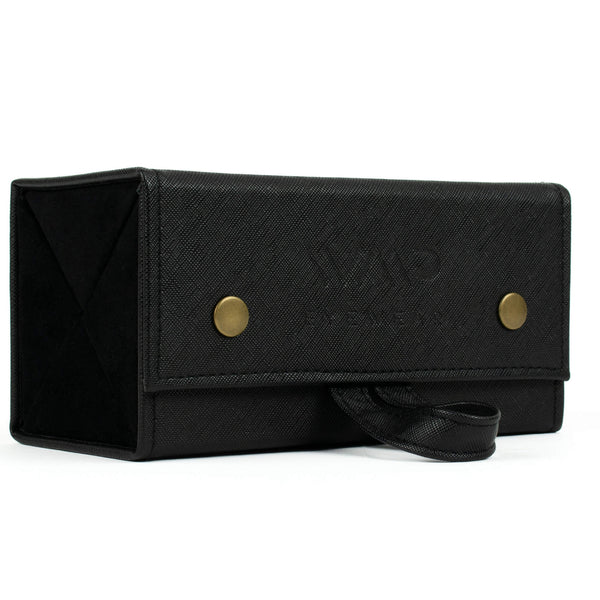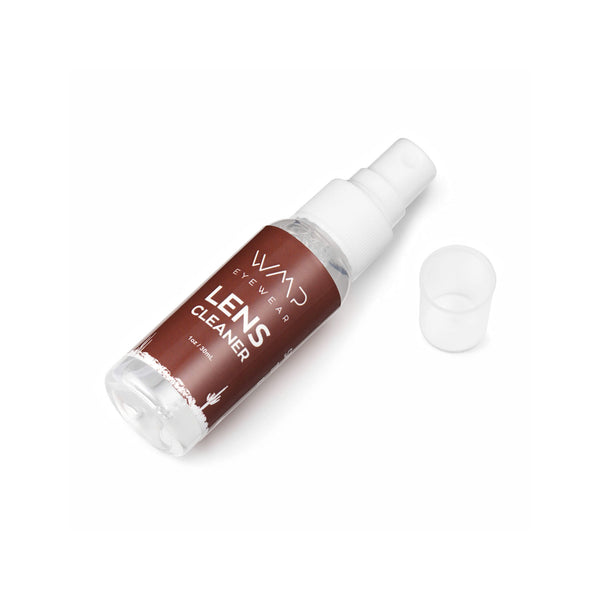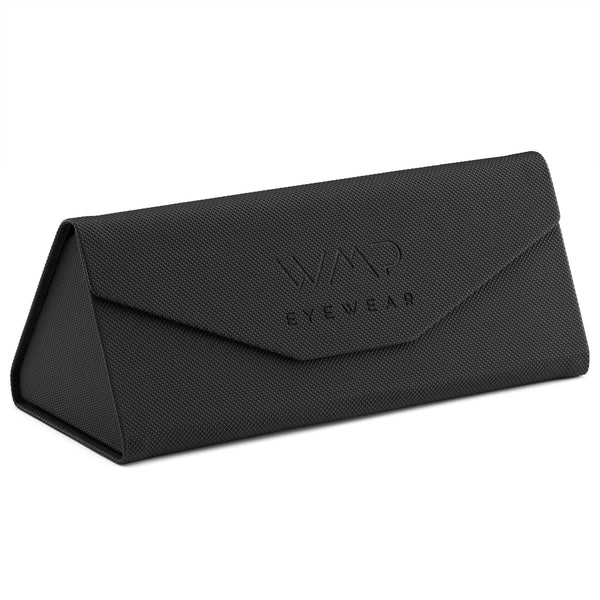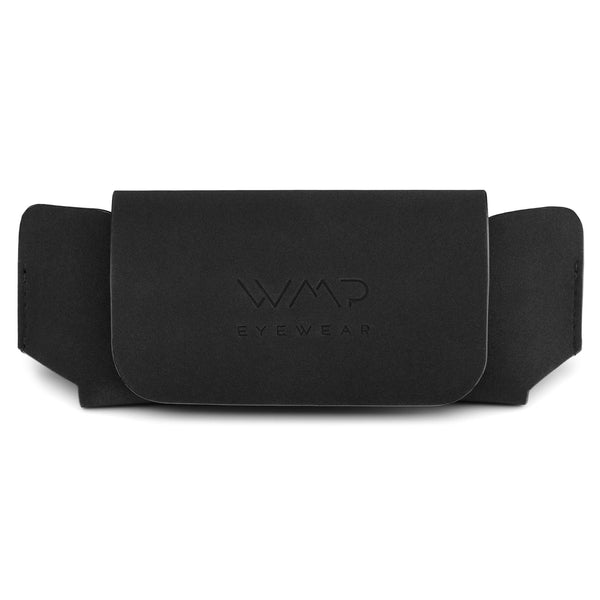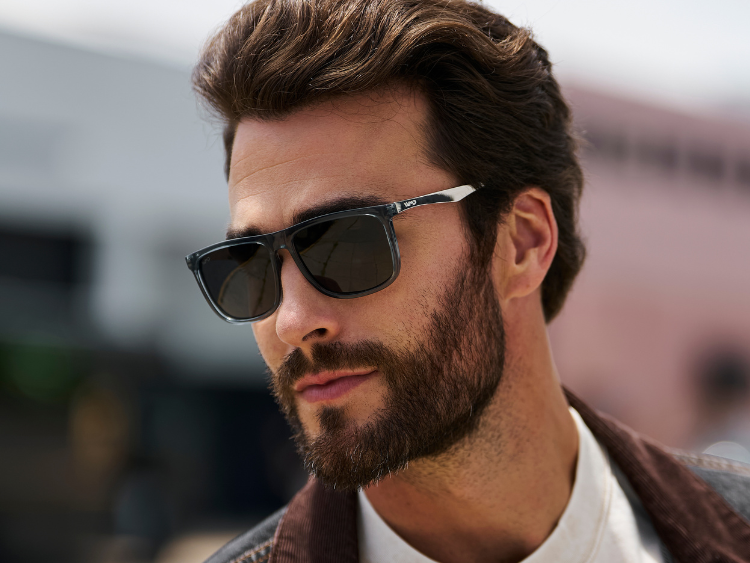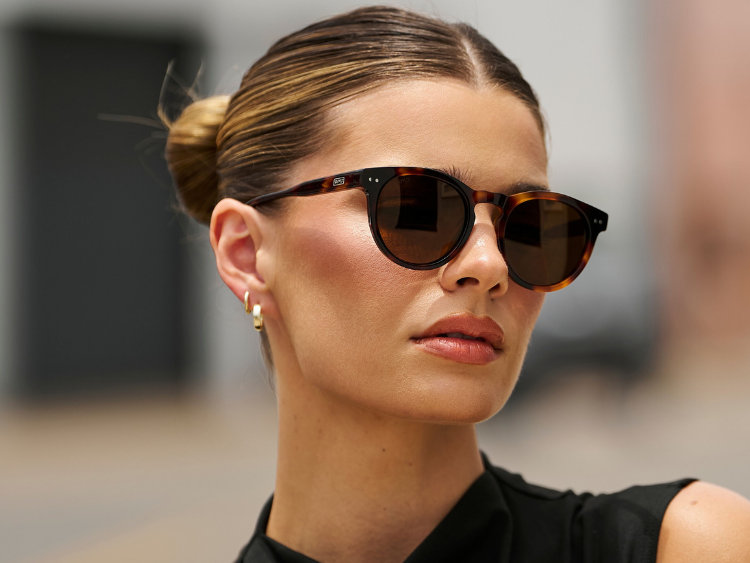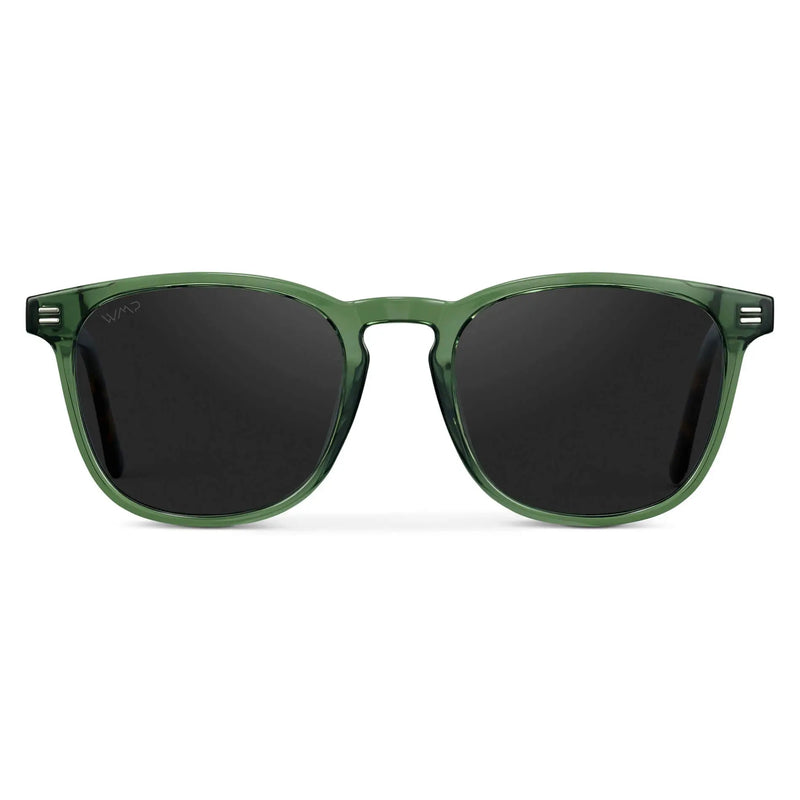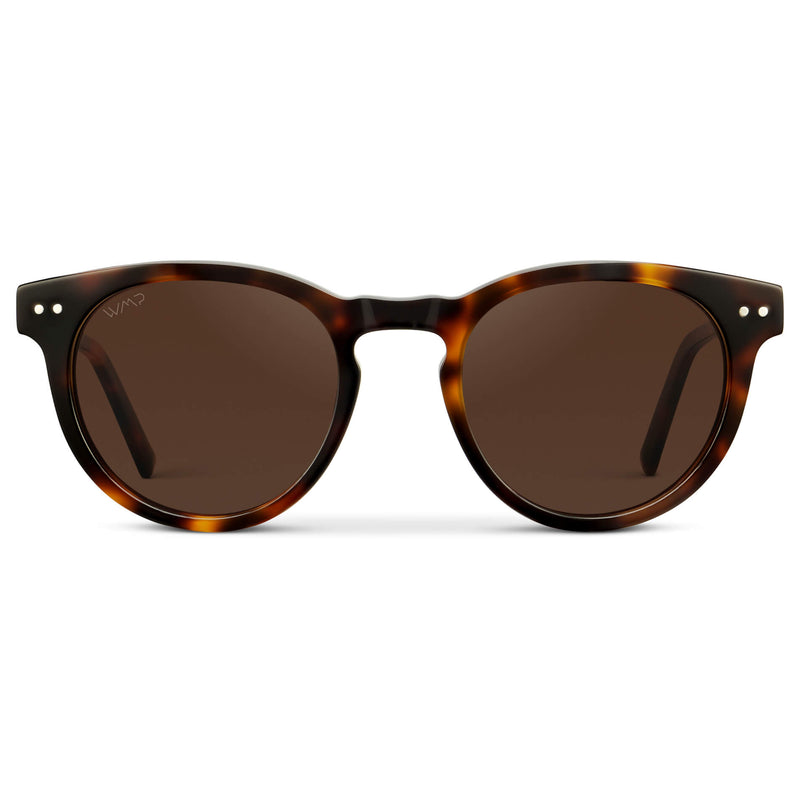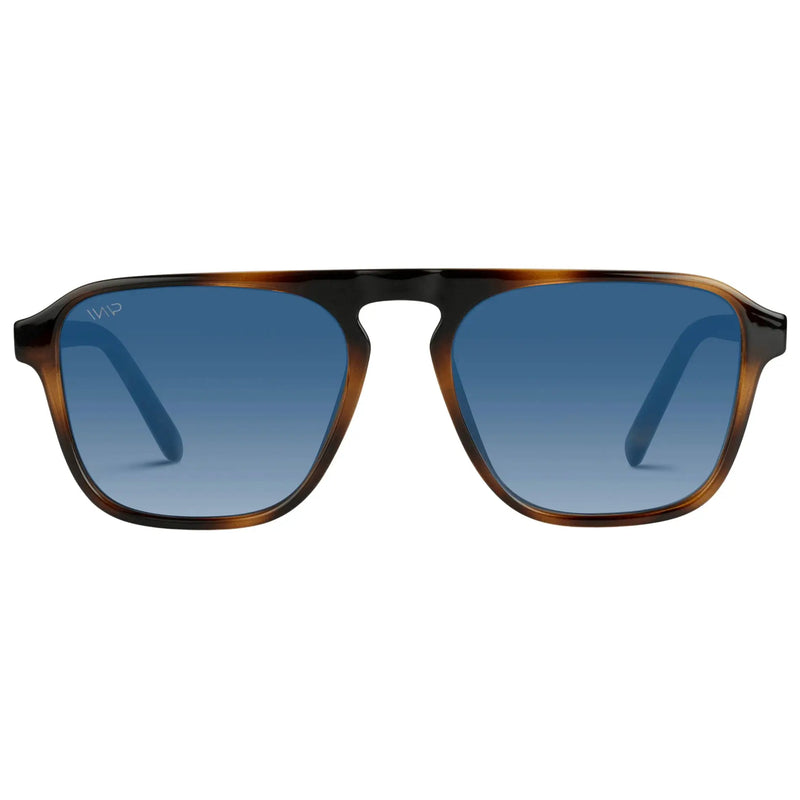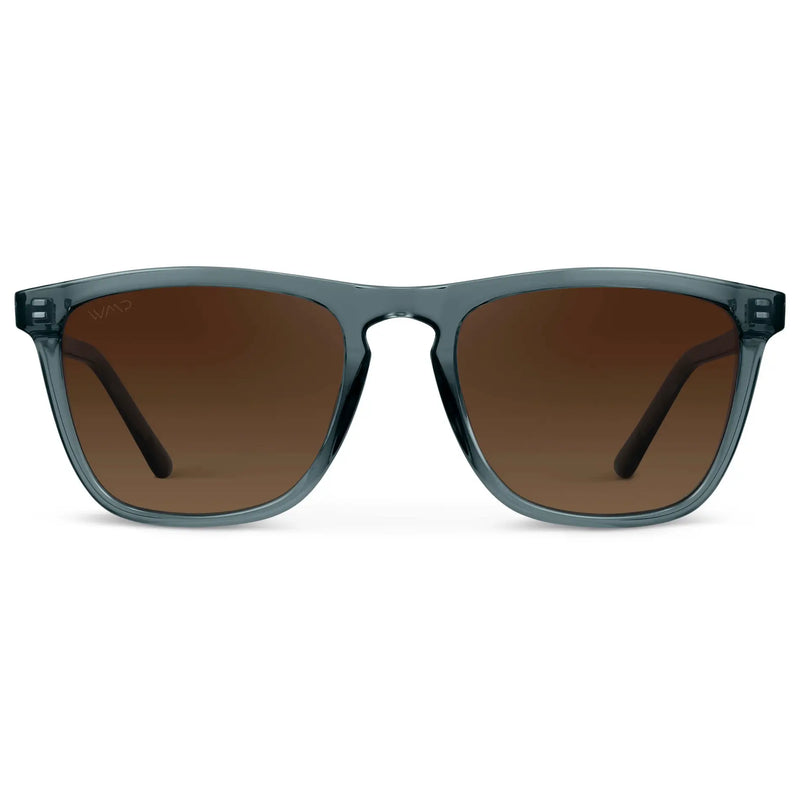Why Are My Eyes So Sensitive to Light & What to Do About It

It’s completely normal for our eyes to need some time to get used to a bright room after being in a dark space. However, many people experience pain and other issues in a room that’s normally lit. This can mean they are suffering from eye conditions, like light sensitivity or photophobia, that may need medical attention.
Light sensitivity can be a frustrating condition that prevents you from doing what you need to get done throughout the day. If you can’t look at your computer screen due to pain or discomfort, then you can’t finish that important report due the next day at work.
If you’re tired of light sensitivity issues preventing you from accomplishing your goals or simply enjoying your life, then let’s dig into why your eyes are so sensitive to light and what you can do to fix it.

Light Sensitivity vs Photophobia
Light sensitivity generally means that your eyes can’t handle the amount of light that most people can. When your eyes are a lighter color, they’re more likely to experience light sensitivity because they have less melanin.
Photophobia, often confused with light sensitivity, is caused by an existing condition. For example, people who experience migraines regularly are photophobic to light. Even when they don’t have a headache, the light will negatively impact them and can trigger migraine attacks which can affect your vision.
Sensitivity Symptoms
While every person may experience light sensitivity differently, the main symptoms include:
- Eyestrain and squinting in normally-lit areas.
- Pain when exposed to fluorescent lighting.
- Burning eyes or excessive tear production.
Photophobia Symptoms
Some photophobia and light sensitivity issues overlap but photophobia is caused by another condition. If you have photophobia, you’ll struggle with:
- Painful, squinting eyes whenever you’re around light.
- Different types of headaches. It’s often migraines but it can also come with cluster and tension headaches.
- Stiffness in your neck.
With photophobia, you may feel like a room is overly bright even if it’s normally lit. If you’re unsure, ask a person in the room with you how the temperature of the light feels to them. If the other person feels fine with the light, this can be an indicator that you need to go see a healthcare professional who can help with your eye health.
How to Treat Light Sensitivity and Photophobia
While you need to see your doctor to get an actual photophobia diagnosis and treatment plan, try these tricks to prioritize eye care and lessen your symptoms in the meantime.
1. Limit Harsh Lighting Indoors
Don’t wear sunglasses inside because that can worsen light sensitivity. Instead, use a warmer bulb in a desk lamp rather than turning on the fluorescent lights in your office. Install a dimmer switch at home so you can control the light better. Switch out all the lights to LED or incandescent bulbs.
2. Protect Your Sensitive Eyes Outside
When going outdoors, wear a pair of polarized sunglasses that offer 100% UVA and UVB protection. This shields your eyes from the sun’s UV rays, which causes eyes to deteriorate over time and make them very sensitive. Polarized lenses also reduce glare, which can cause eye strain and lead to health issues.
Wear a wide-brimmed hat anytime you’re outside to add further protection and prevent direct sun exposure.
3. Wear Blue Light Glasses and Install Filters
Blue light from device screens accelerates retina damage and causes our eyes and faces to squint, leading to painful headaches, sensitivity issues, and dry eyes. Wear proper blue light glasses and install blue-light filters on screens to protect your eyes.
However, certain light sensitivity issues are worsened by blue light glasses. Be sure to talk to your doctor first if you have serious issues and stop using blue light glasses if symptoms worsen with your eye conditions.
Other Sensitivity Health Conditions to Ask Your Doctor About
There are quite a few eye issues and other health conditions that cause light sensitivity. While the correct diagnosis can only be done by a doctor after an eye exam, read through these to see if you may be struggling with a more serious light sensitivity issue.
Photosensitivity
Often confused with light sensitivity and photophobia, photosensitivity is a negative response in your immune system to light. People with Lupus and other autoimmune disorders tend to have photosensitivity issues, including irritating rashes, inflammation, exhaustion, aching joints, and flu-like symptoms.
For people with photosensitivity, the best thing to do is stay away from harsh sunlight and UV rays between 10 am to 4 pm. If you have to go outside, wear sunscreen and clothes that cover your whole body.
Dry Eye Syndrome
Dry eye syndrome happens when someone’s eyes don’t make enough tears to ensure their eyes stay moist. The clear, outer layers of everyone’s eyes are called the cornea. This needs to stay wet in order to work properly. Light hits the cornea first, and if it’s not wet enough, it causes pain, burning, and redness.
The easiest fix for dry eye syndrome is to try some lubricating eye drops. If that doesn’t work, then you need to go to a medical doctor.
Corneal Abrasion
When your cornea gets damaged through a scratch or a cut, an immediate reaction is light sensitivity. It’s usually paired with pain and blurred sight. If you recently got dust in your eye or an object came into contact with your eye, then you need to see the doctor so they can diagnose you and give you proper treatment.
Keratitis
Keratitis is an inflamed cornea. It can be caused by corneal abrasion, an infection like conjunctivitis, or wearing contacts for too long. You’ll know you have keratitis if you’re suffering from redness, severe eye pain, and light sensitivity.
These symptoms match other light issues, but keratitis is more dangerous and can cause long-term severe eye damage. Prioritize a trip to your doctor if you’re experiencing these symptoms.
Frequently Asked Questions
Is Sensitivity to Light Serious?
Yes, sensitivity to light can be serious. It can be caused by health issues like keratitis that lead to vision loss. Light sensitivity from photophobia is sometimes caused by dangerous brain conditions, including meningitis or a pituitary gland tumor.
If you experience light sensitivity, do not delay going to your eye doctor and general care practitioner to help diagnose your symptoms and solve the issue.
How Do I Fix Sensitivity in Eyes?
To fix light sensitivity in your eyes you need to see your doctor so they can properly diagnose the issue. If you want to try to see some relief before your appointment, start by wearing sunglasses that include polarized and 100% UV-protection lenses along with a wide-brim hat any time you go outside to protect your eyes from sunlight.
Don’t work in rooms with harsh light. Use a warm incandescent or LED bulb in a desk lamp and install dimmers in your house. Try wearing blue light glasses or installing blue light screens if you spend a lot of time in front of your computer or phone.

